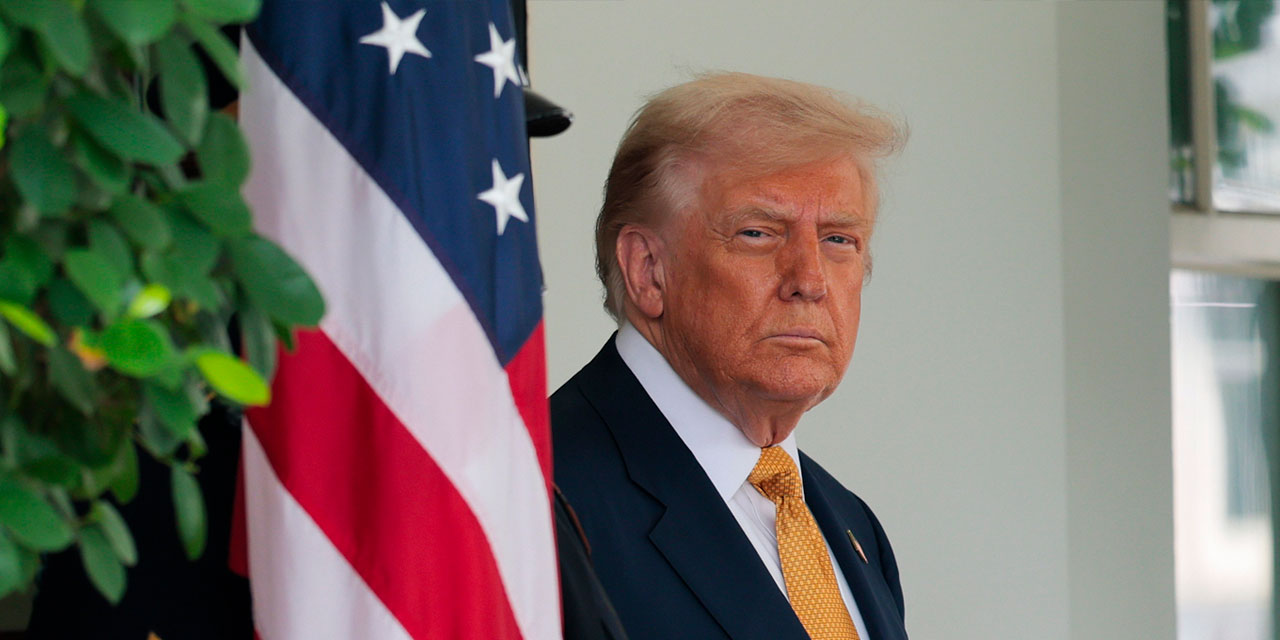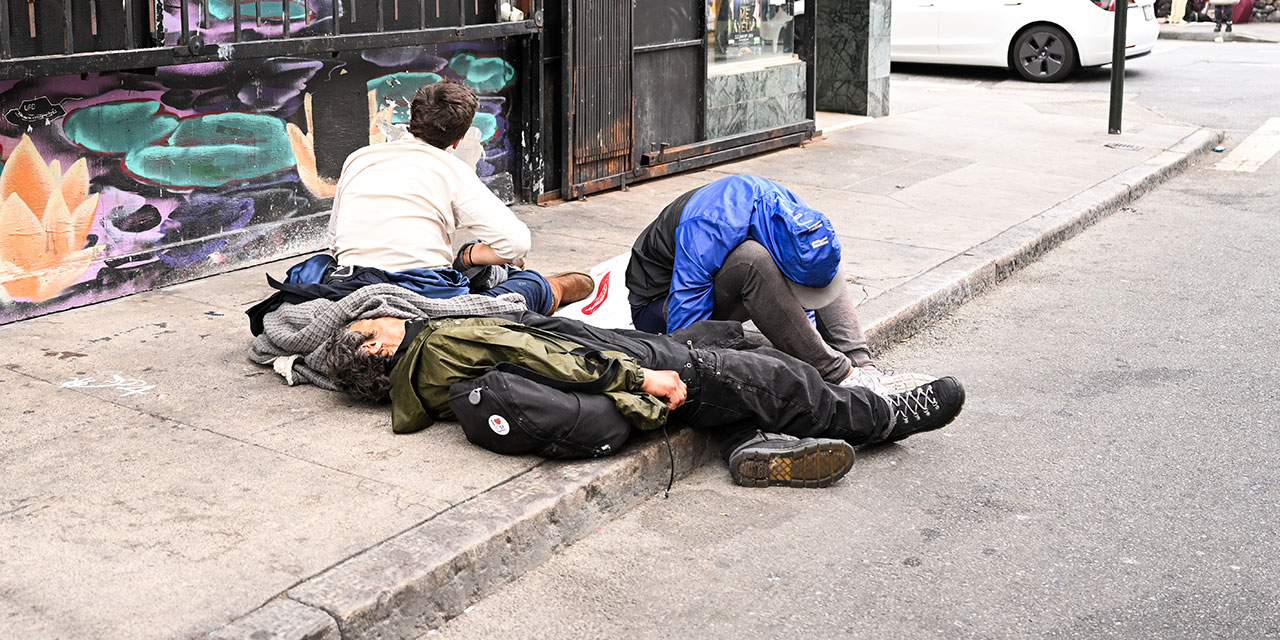Mayor Eric Adams has finally found a moment he could meet with sound and decisive judgment. By appointing Thomas Donlon as interim replacement for embattled NYPD Police Commissioner Edward Caban, who has resigned amid a high-profile federal corruption investigation, Adams has avoided the cronyism that has unfortunately been a feature of his administration.
Donlon, a competent, qualified retired FBI senior executive who also served as New York State’s head of homeland security, was sworn in late Friday afternoon. He faces a hard road ahead. Shifting gears from his experience in the broader field of global security, Donlon is now charged with keeping the most famous city in the world safe. At the same time, he must improve morale issues plaguing the city’s police officers, which affect recruitment and retention.
Finally, a reason to check your email.
Sign up for our free newsletter today.
Donlon has the chops for this challenge, however. Across his professional career, he has consistently earned the respect of the men and women in his charge and is as adept at navigating the aftermath of a terrorist bombing as he is conducting international diplomacy. I witnessed his leadership firsthand during terrorism investigations in some of the most inhospitable places in the world. His new position as commissioner will require a different type of courage. He will need to earn the respect of some 34,000 uniformed cops—few of whom know him and most of whom are predisposed to be suspicious of the feds.
Then there’s the Adams factor. The mayor is a former NYPD captain. Donlon will step in as his third police commissioner since 2022. While Adams was running for mayor, he pledged to hire the first female police commissioner and made good on this promise with the appointment of Keechant Sewell, who lasted only 18 months before resigning. The mayor may have undercut Sewell’s authority when he selected a key ally and crony, Philip Banks, to serve as deputy mayor for public safety. After Sewell’s departure, Caban became the department’s first Hispanic commissioner, but he lasted just over a year. Donlon checks no identity boxes, but he is uniquely equipped to fix what ails the NYPD.
Donlon’s bona fides can be summed up in this simple recounting. On December 12, 2000, al-Qaida terrorists succeeded in blowing a hole in the Navy’s guided-missile destroyer U.S.S. Cole in a refueling port in Aden, Yemen. The deadly bombing claimed 17 American lives. The attack on the warship prompted an FBI investigation into the plot. As a member of the FBI’s Hostage Rescue Team, I was dispatched to Yemen as a part of an armed detachment to secure the damaged ship and provide security for the team of FBI agents from the New York field division deployed to conduct the post-blast investigation. The New York contingent was led by Special Agent in Charge John O’Neill (who later perished in the 9/11 attacks on the World Trade Center), along with Donlon, a terrorism branch supervisor who had been co-case agent on the 1993 WTC bombing.
During this pre-Global War on Terror era, O’Neill, and his lieutenants, like Donlon, were confronted with the herculean tasks of marshalling logistical resources, cultivating relationships with host nations not inclined to take a backseat to the United States, and, most importantly, keeping the agents and support staff safe as they worked 7,000 miles from home. These tasks were further complicated by the difficult relationship the FBI team had with the American ambassador to Yemen, Barbara K. Bodine. She clashed with O’Neill over issues such as what types of weapons the Hostage Rescue Team operators could carry to protect the investigative team. She issued a directive that female FBI agents could not roll up their sleeves in the sweltering heat and needed to untuck their shirts to comply with the female modesty codes observed in Yemen. While my fellow agents and I understandably bristled at these impediments to the health and safety of our team, Donlon always knew how to apply just the right amount of diplomacy and pushback with the ambassador’s office. He patiently listened to his investigators’ gripes and quietly worked behind the scenes to iron out problems between the FBI and the State Department.
As commissioner, Donlon will be forced to grapple with the dismantlement of many of the effective policing methodologies introduced in the 1990s by former commissioners Bill Bratton and Ray Kelly. Those incredible successes contributed to New York City’s claim to being the safest big city in the nation, if not the world, but now critics falsely claim that they have been debunked: that Broken Windows policing has no causal relationship with the steep crime decline; that Stop, Question, and Frisk tactics are “racist”; and so on. How Donlon responds to these critics will determine his, and the department’s, success.
Donlon’s experience as leader of the FBI/NYPD Joint Terrorism Task Force (JTTF) will also be instructive. Interagency competition and conflict have frequently derailed working relationships—especially between the FBI and NYPD. Donlon understands this problem and will lean heavily on past relationships.
In Donlon, the NYPD rank and file will find a relaxed and engaged leader who has their back. NYPD leadership will work with a commissioner hyper-focused on metrics and accountability. New York City residents will see a commissioner who is fair, responsive, and communicative. Donlon has the wisdom to resist making knee-jerk, wholesale changes. He takes the time to listen and observe before acting, applying a surgeon’s scalpel, not a meat cleaver, to organizational change. Mayor Adams would do well to resist the reflexive urge to meddle. He has selected the right man for the job. Now he need only step back and let Donlon do it.
Photo by Kyle Mazza/Anadolu via Getty Images
Dek:




